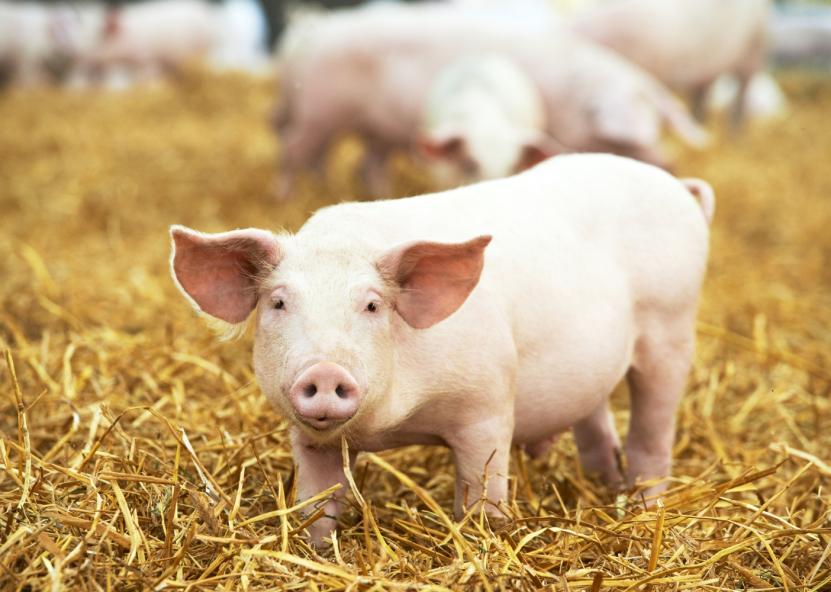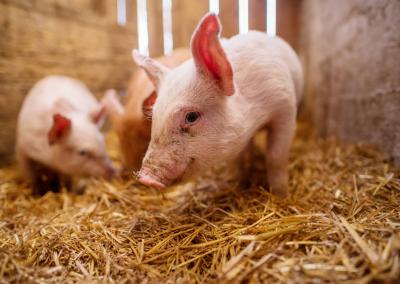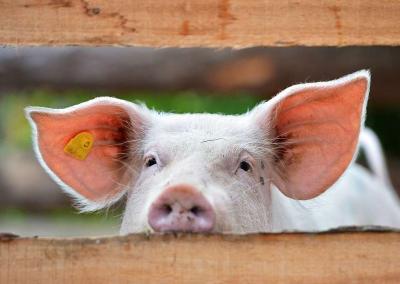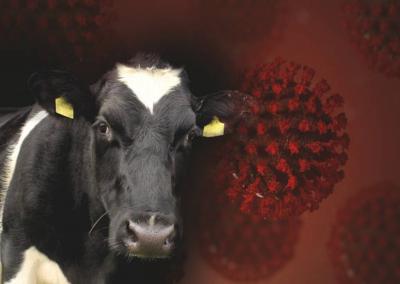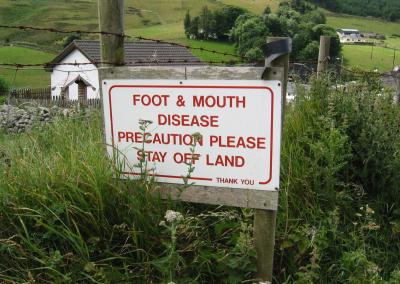Alternatives to castration of chicks will be evaluated beyond science
The State Food and Veterinary Service (SVVT) is evaluating possible alternatives to traditional surgical castration, taking into account the practice in the European Union countries and the insights of scientists.
Surgical castration remains the most widely used practice in pig production, as one of its main objectives is to avoid the so-called "pig meat odour", a specific unpleasant smell or taste that can occur in the meat of mature, uncastrated pigs, especially after heat treatment.
In some countries, immunocastration – a vaccination that temporarily suppresses the activity of sex hormones, has been chosen as a compromise between animal welfare, meat quality and economic efficiency. Public attitudes towards vaccination are mixed. Some consumers are concerned about the possible residual effects of the vaccine. Immunocastration has been scientifically proven to be effective and safe, and the procedure requires two or three doses.
In the case of anaesthesia with local anaesthesia, it is not possible to avoid pain completely, as unpleasant sensations can be caused by the injection of painkillers and a local anaesthetic into both testicles or the neurovascular tissues that connect them before the procedure. This makes the procedure longer, and the pups may miss up to several lactations between the injection and the triggering of the medication and the surgical castration, which makes them weaker and more vulnerable.
Another possible alternative is inhalation anaesthesia, which is considered to be an effective and safe means of pain relief, but the procedure itself requires special equipment and protective equipment, making it financially unaffordable for many smallholders. Some EU countries subsidise this practice. In addition, the use of non-steroidal anti-inflammatory drugs (NSAIDs) is essential for the proper management of post-operative pain, as recommended by the European Food Safety Authority (EFSA) and the Food and Drug Administration (FDA) in the United States.
The rearing of uncastrated male pigs avoids surgical intervention, but poses specific behavioural challenges (e.g. aggressiveness) and does not solve the problem of "pork smell", which reduces the market acceptability of such meat.
Aiming for a balanced solution
„Taking into account the experience of the European Union countries, it is clear that there is no one-size-fits-all solution – different solutions are applied in different countries, taking into account the differences between farms, the specificities of the markets and the public's position. Even advanced countries such as the Netherlands, Switzerland, Belgium, Denmark or Germany have taken different paths to address this issue. That is why in Lithuania we are seeking to identify the alternatives that are right for us, considering all options. Each alternative has its advantages and disadvantages. They must be assessed before decisions are taken that will have a direct impact on people, animals and the national economy. We need to decide what we will allow before we ban it," says Audronė Mikalauskienė, Head of the VMVT.
The Ministry of Agriculture, which formulates agricultural policy, is informed about the preparations made by the VMVT. The VMVT has already taken the initiative to set up a working group of experts from different fields to contribute to the solution of the issue. The social partners will be informed in the near future about the planned meetings of the working group, which are expected to start this September.
The FVO foresees a number of key questions to be answered by the experts brought together: what legislation should be changed to address the issue of piglet castration, the possibility of advice and training for farmers and veterinarians, questions about possible financial support for pig farms to introduce improved practices, food safety and quality issues, the need for an information campaign for the public and traders, and the need for a pilot testing of alternatives on farms.
The HIA once again invites all relevant stakeholders to actively and constructively cooperate in finding responsible solutions to create realistic and science-based changes that meet the expectations of animal welfare organisations, the public and business alike.


































































































